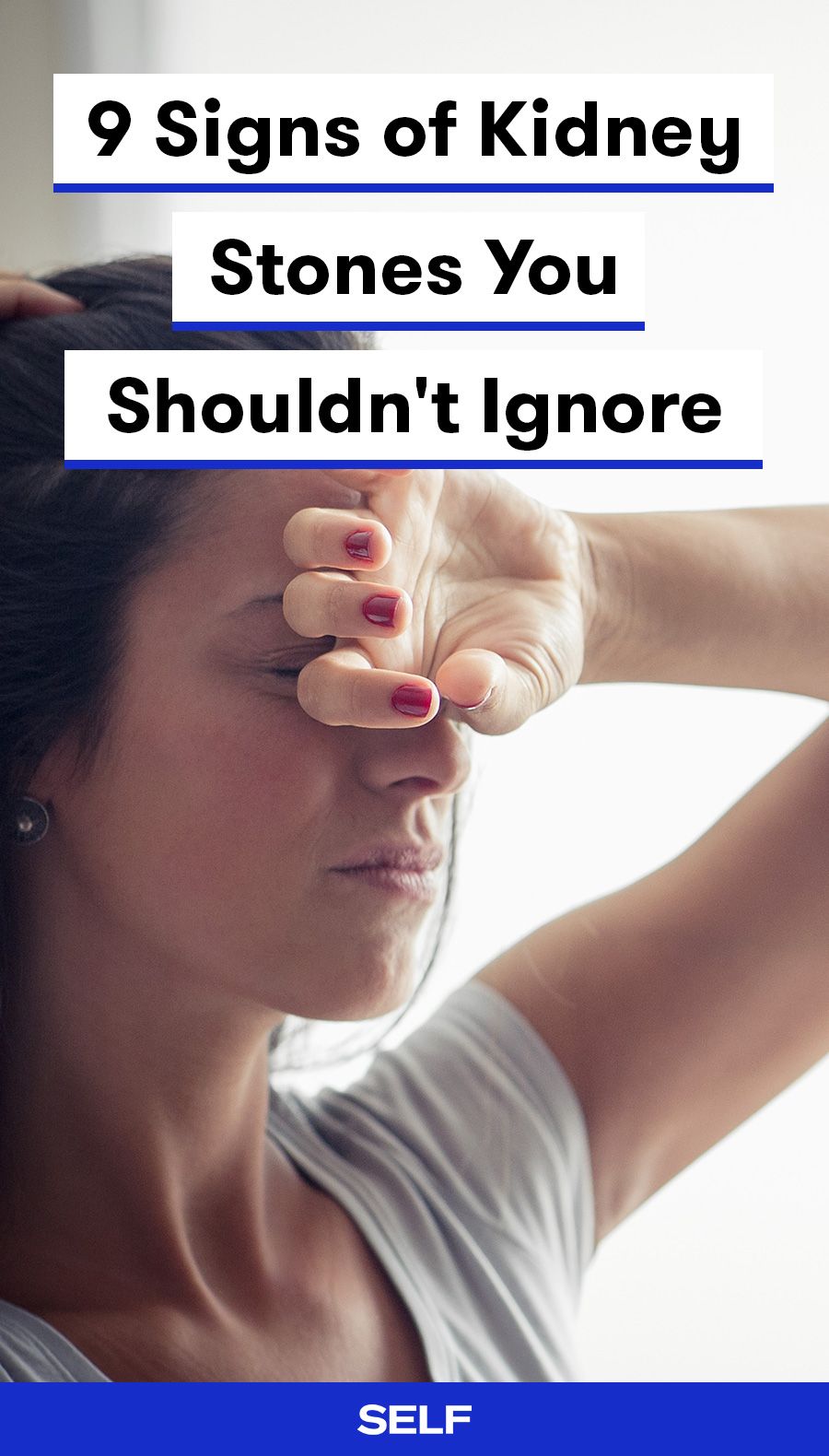Kidney Stones And Fever

Kidney stones can also cause nausea.
Kidney stones and fever. Fever is part of the body s own disease fighting arsenal. Fever and chills are signs that you have an infection in your kidney or another part of your urinary tract. Other symptoms of kidney stones include clammy cold hot or sweaty skin accompanied by a fever or chills.
Although a fever technically is any body temperature above the normal of 98 6 f 37 c in practice a person is usually not considered to have a significant fever until the temperature is above 100 4 f 38 c. Lingering pain after passing a kidney stone could be a sign that you have another stone an obstruction or infection. Changing positions doesn t help kidney stone pain is primarily due to blockage of the urinary track meaning you can t alleviate it by moving or changing position.
Mild to moderate symptoms may occur during the passage of a small stone. A fever usually means that the stone has caused a blockage and the kidneys cannot function normally. Ignatavicius ms rn and m.
It could also be an unrelated issue. Fever is suggestive of infection and you should consult your doc. Top kidney stones related articles.
A fever usually means that the stone has caused a blockage and the kidneys cannot function normally. A blocked kidney can become infected causing a potentially life threatening condition called sepsis. Aug 01 2020 people with kidney stones who experience fever or vomiting should consult a medical professional.
Kidney stones vary in size. Critical thinking for collaborative care. Tiny stones are less likely to become stuck in the kidneys or other parts of the urinary tract.


















